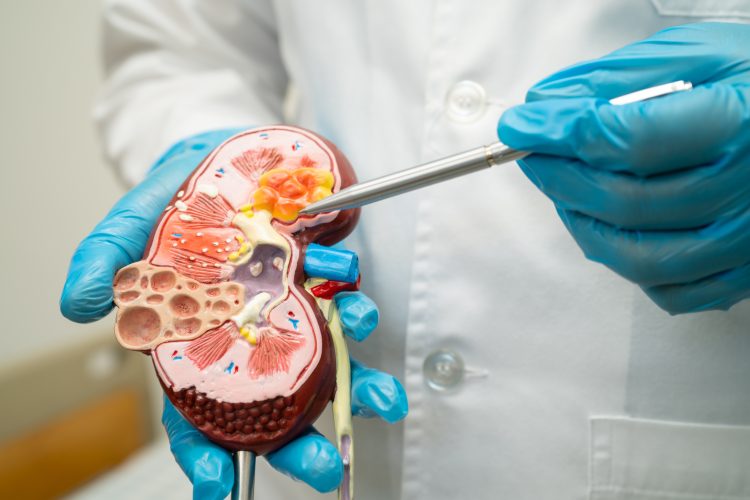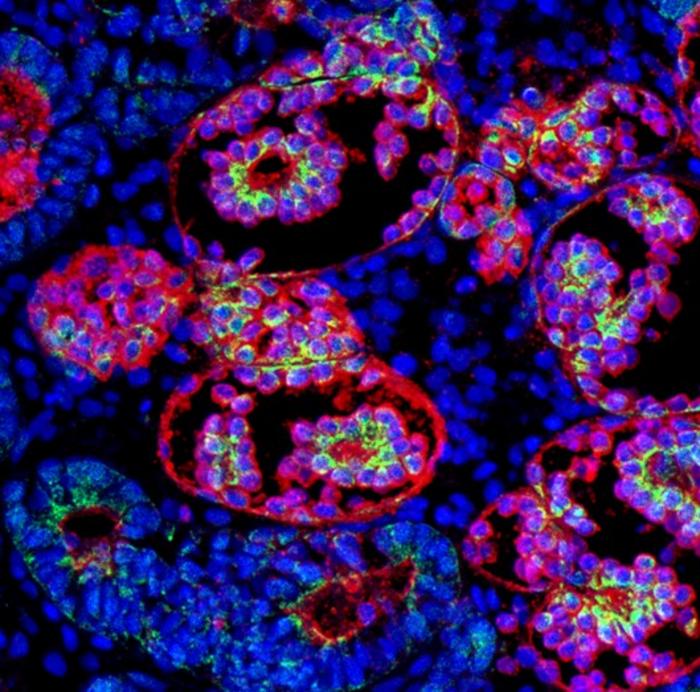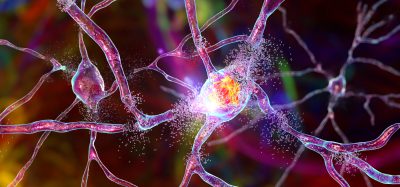Kidney organoids show APOL1 gene’s role in chronic kidney disease
Posted: 3 October 2025 | Drug Target Review | No comments yet
New research using stem cell-derived kidney organoids reveals how APOL1 gene mutations disrupt mitochondrial function in kidney cells – potentially leading to new targeted treatments.


Chronic kidney disease (CKD) affects more than 700 million people worldwide and is influenced by genetic, environmental and medical factors. A key genetic contributor is the APOL1 gene, which carries two risk variants most prevalent in people of West African descent. These variants increase susceptibility to a form of kidney disease known as APOL1-mediated kidney disease (AMKD), yet the mechanisms behind it have remained largely unclear – with limited effective treatments.
Modelling kidney disease with stem cells
To better understand AMKD, researchers at the University of Leiden, led by Siebe Spijker, developed a new approach using human stem cells. The team generated stem cells from skin biopsies of patients with AMKD and then turned them into kidney organoids.
In some organoids, the APOL1 mutations were corrected using genetic engineering techniques, allowing researchers to directly compare healthy and mutant cells under laboratory conditions.


Immunofluorescence staining of kidney organoid, podocytes in red, APOL1 in green. Credit: Image provided by Heein Song
APOL1 mutations impair mitochondrial function
The study found that APOL1 mutations negatively affect the function of mitochondria –the cell’s energy-producing organelles – within the kidney. Podocytes, specialised cells critical to the kidney’s filtering ability, were particularly impacted – as they naturally produce the most APOL1 protein.
These mitochondrial defects became especially pronounced when cells were exposed to inflammatory proteins, suggesting a link between bodily inflammation – caused by viral infections or autoimmune conditions – and the onset of AMKD in susceptible patients.
Advancing research and drug discovery
“We anticipate that this human kidney organoid model will advance our understanding of AMKD and accelerate drug discovery, particularly given that APOL1 is not endogenously expressed in rodents,” said Spijker.
The research provides a clearer picture of how mutant APOL1 disrupts kidney function and offers a potential pathway for developing targeted treatments for patients suffering from AMKD.
Related topics
Disease Research, Drug Discovery, Drug Discovery Processes, Mitochondria, Organoids, Stem Cells, Translational Science
Related conditions
Chronic kidney disease
Related organisations
the University of Leiden








